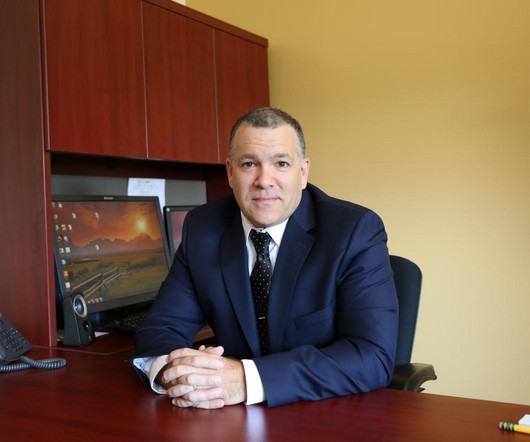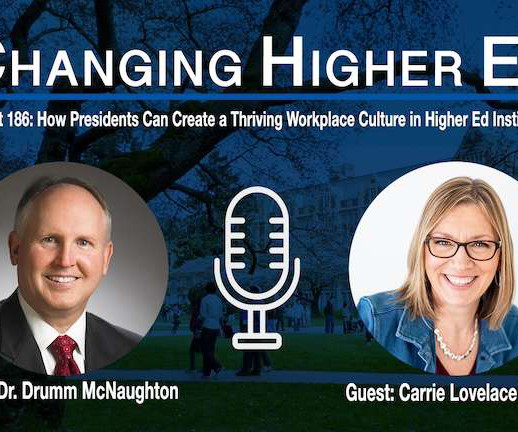York College academic administrator won't leave students behind
Confessions of a Community College Dean
MARCH 20, 2023
Image: As a college student, Josh Landau was close to dropping out. He had not declared a major or developed an awareness of his needed academic tools, but Landau was motivated to learn for the sake of learning. Now, as a higher education professional, he wants to support others to succeed in the ways he did.












Let's personalize your content